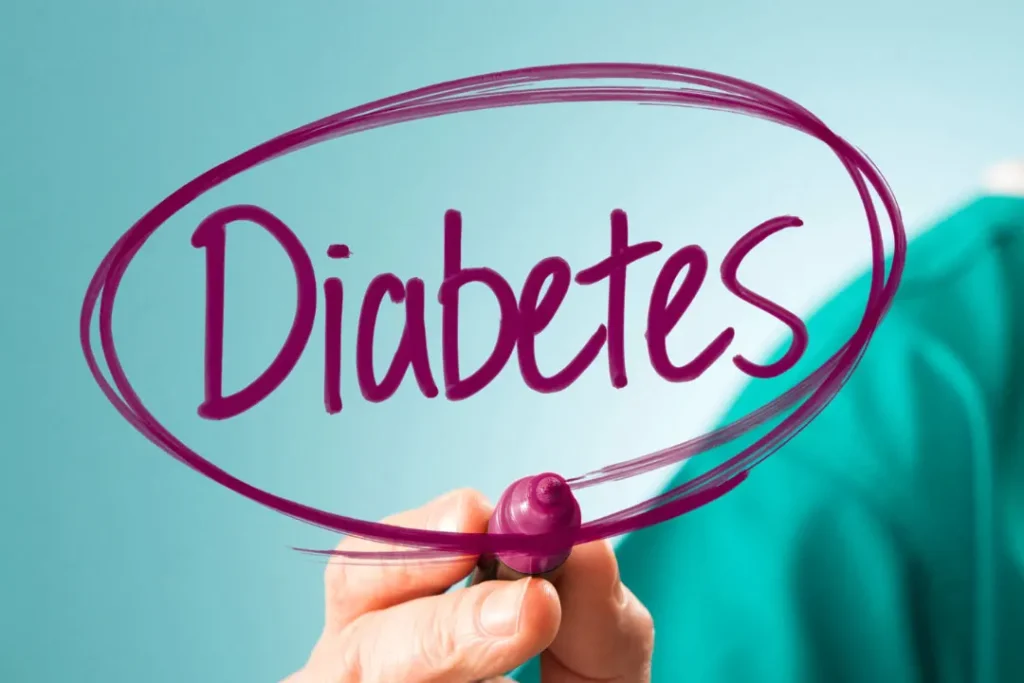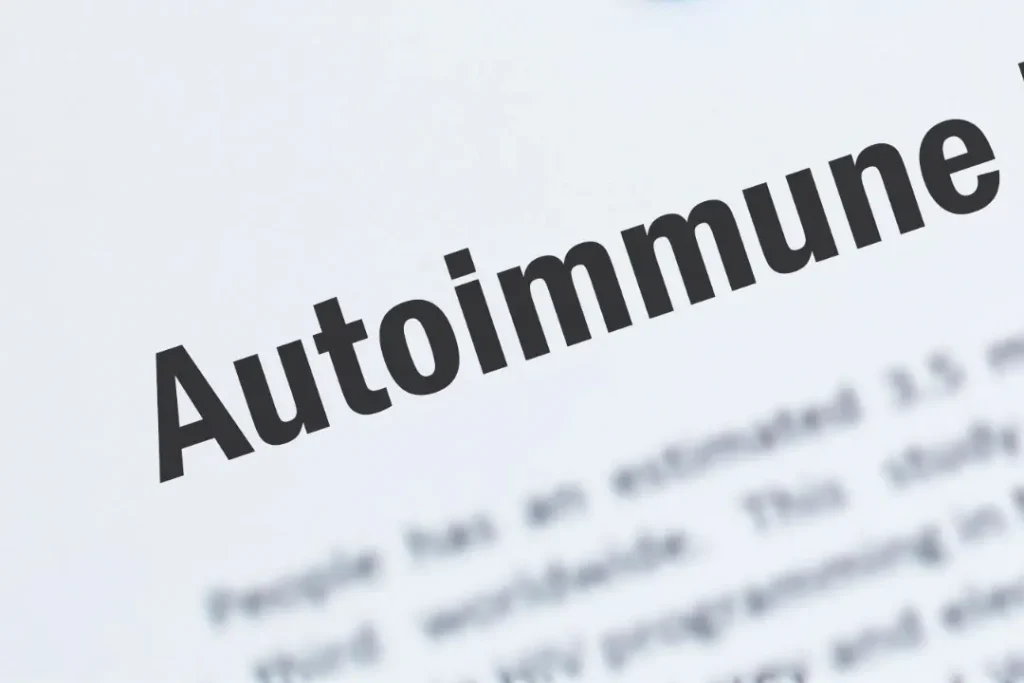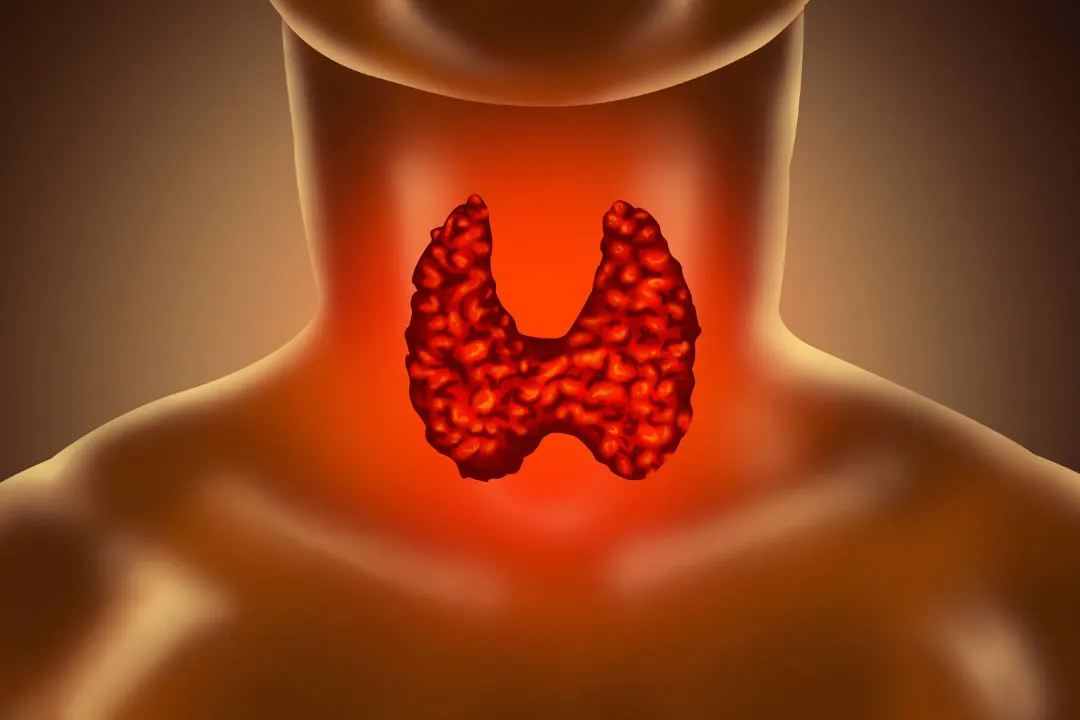Description
Pituitary gland inflammation is a rare condition known as autoimmune hypophysitis. This illness primarily affects women and can present in many ways causing hormonal fluctuations and pituitary malfunction. There are three different kinds of autoimmune hypophysitis that can manifest: granulomatous, lymphocytic, and xanthomatous. The most common form of lymphocytic hypophysitis is pituitary gland lymphocytic infiltration. Granulomas can grow inside the gland, which causes granulomatous hypophysitis to occur. Xanthomatous hypophysitis is distinguished by its lipid-rich macrophages.
You May Also Like:
Stop the Swelling: 5 Best Anti-inflammatory Supplements
The Best Supplements to Support Sleep: Try Golden Milk to Reduce Stress and Relax Before Bed
Autoimmune Hypophysitis: Description, Causes, And Treatment Protocol is an original (HealthXWire) article.
Possible Causes
Autoimmune hypophysitis‘ precise causes are still unknown. However, many variables have been theorized to support its development. These elements include:
Hormonal Changes: Autoimmune hypophysitis is linked to hormonal changes that can take place during particular life phases or events. Hormonal changes can trigger an autoimmune reaction in women who are sensitive during post-partum, pregnancy, and menopause phases. The immune system can react against the brain’s pituitary gland if it perceives the changed hormone changes as foreign.
Genetic Predisposition: Autoimmune hypophysitis can have a hereditary component. Your propensity to develop the illness can rise due to specific genetic mutations or changes. The precise genes responsible and their modes of operation are still undergoing researched.
Viral Infections: Autoimmune hypophysitis is linked to viral infections and is a possible cause of its development. Some investigations have revealed a relationship between the beginning of autoimmune hypophysitis and viral illnesses like influenza, mumps, or Epstein-Barr virus. Viral infections can trigger the immune system, which triggers an autoimmune reaction that targets the pituitary gland.
Immunological Dysregulation: The onset of autoimmune hypophysitis is significantly influenced by aberrant immune responses and immune system dysfunction. In this disorder, the immune system launches an attack after mistakenly classifying the pituitary gland’s cells as alien, causing inflammation and harm to the gland.
Autoimmune Disorders: There are other autoimmune diseases like systemic lupus erythematosus, type 1 diabetes, and Hashimoto’s thyroiditis that are linked to autoimmune hypophysitis. This raises the possibility that various autoimmune disorders are caused by a common immune dysregulation or hereditary predisposition.

Exacerbating and Mitigating Factors
The onset and extent of autoimmune hypophysitis is influenced by its aggravating and mitigating variables. If you have autoimmune hypophysitis, you can better control your disease by recognizing and comprehending these elements. The following are some significant autoimmune hypophysitis aggravating and reducing factors:
Exacerbating Factors:
Physical Trauma: Autoimmune hypophysitis symptoms can be brought on by or made worse by physical trauma, including head injuries or pituitary surgery. Immune system activation and inflammation are both effects of trauma.
Stress: Stress, whether acute or chronic, can aggravate autoimmune diseases, like autoimmune hypophysitis. Stress causes the production of stress hormones, which can affect immunological function and cause inflammation.
Hormonal Changes: Autoimmune hypophysitis is linked to hormonal changes during particular life phases or events, like the post-partum period, pregnancy, or menopause. Those hormonal shifts have the potential to affect immunological control and trigger autoimmune reactions.
Environmental Toxins: Autoimmune hypophysitis can develop or worsen as a result of exposure to specific environmental pollutants including pesticides, heavy metals, or chemicals. These poisons can impair immunity and fuel inflammation.
Mitigating Factors:
Stress Reduction Techniques: The effects of stress on autoimmune hypophysitis can be lessened by engaging in relaxation techniques including deep breathing exercises, meditation, yoga, or mindfulness. These methods encourage immunological balance, relaxation, and a reduction in stress hormones.
Healthy Diet: In addition to promoting general health, a well-balanced diet high in whole grains, vegetables, fruits, and lean proteins can also help treat autoimmune hypophysitis. The anti-inflammatory and immune-supportive properties of foods high in antioxidants are the most beneficial.
Adequate Sleep: Your immune system and general health depend on making sure you are getting good sleep. To boost immunological modulation and lessen the effects of autoimmune hypophysitis, it is essential to prioritize sleep and develop appropriate sleeping patterns.
Regular Exercise: Regular physical activity can improve your general health and can even lessen inflammation related to autoimmune hypophysitis if done as directed by your medical expert. Exercise increases immune system function, lowers stress, and improves cardiovascular health.
Avoiding Environmental Triggers: Reduced risk of initiating or exacerbating autoimmune hypophysitis symptoms canbe achieved by limiting your exposure to environmental pollutants including substances like pesticides, and heavy metals. This includes choosing natural cleaning supplies, only organic foods, and being aware of any environmental risks.


Standard Treatment Protocol
Management of hormone deficits and inflammation control are the overall goals of therapy for autoimmune hypophysitis. Hormone replacement therapy is a common component of standard care for the following hormonal imbalances:
Corticosteroids: Prednisone and other corticosteroids are frequently administered to control inflammation and lessen the symptoms of autoimmune hypophysitis. These drugs function by calming the inflammatory process and regulating the immunological response. The severity of the symptoms and the your body’s response to treatment can affect the corticosteroid medication dosage and duration.
Hormone Replacement Therapy: Biological imbalances brought on by autoimmune hypophysitis are the main cause of the condition’s therapeutic side effects. Certain hormones which the pituitary gland has no ability to effectively manufacture are administered as part of hormone replacement treatment. Depending on the particular hormone shortages seen in each patient, the type and amount of hormones will vary.
Surgical Intervention: In some circumstances, surgery is required to alleviate the tension within the optic nerves brought on by an oversized pituitary gland. The ideal method involves accessing the pituitary gland through the nose and removing any mass or tumor that is compressing it utilizing trans-sphenoidal surgery.


Treatment Options
The following alternative and adjunct treatments can improve the success of traditional autoimmune hypophysitis treatment methods along with conventional ones:
Immunosuppressive Medications: Immunosuppressive drugs can be used in acute autoimmune hypophysitis instances that do not react well to corticosteroids. To control the immune response and lessen inflammation, doctors usually prescribe medications like methotrexate, azathioprine, or mycophenolate mofetil. These drugs must be closely monitered for any potential side effects because they are frequently used with corticosteroids.
Over-the-Counter Formulations: The moderate symptoms of autoimmune hypophysitis can be reduced by over-the-counter painkillers, especially non-steroidal anti-inflammatory medications (NSAIDs) like ibuprofen. Nevertheless, it is essential to use these drugs sensibly and for a limited time because prolonged use can have side effects.
Nutritional Supplements: In controlling autoimmune hypophysitis, nutritional supplements can be helpful, but it is essential to remember that they shouldn’t take the place of proper medical advice or prescription drugs. These supplements should only be used with your doctor’s supervision and be included in a comprehensive treatment strategy. These food supplements are potential supplementary treatments for autoimmune diseases, such as autoimmune hypophysitis:
- Vitamin D
Autoimmune disorders are linked to vitamin D deficiency. Vitamin D supplements can have immunomodulatory impacts and assist in controlling immunological responses.
- Omega-3 Fatty Acids
Fish oil supplements contain omega-3 fatty acids, which have anti-inflammatory properties. They can improve immunological function and assist in reducing bodily inflammation.
- Probiotics
Beneficial microorganisms known as probiotics can help the immune system and gastrointestinal health. They can assist in balancing the intestinal flora, which is linked to autoimmune diseases.
- Curcumin
The substance that makes turmeric active is called curcumin. It has antioxidant and anti-inflammatory properties that aid in regulating the immunological response.
- Selenium
A trace mineral called selenium is important for immune system health. According to research, selenium supplementation can benefit autoimmune disorders by lowering oxidative stress and inflammation.
Natural and Herbal Remedies: The following are several natural and herbal treatments that have been researched for their potential health advantages in autoimmune diseases, while it is unknown how effectively they will work for autoimmune hypophysitis:
- Rhodiola rosea
Rhodiola rosea is an adaptogenic plant that has historically been utilized to promote immunological health and increase stress resilience. It can be used for its antioxidant and an anti-inflammatory properties as well.
- Ashwagandha (Withania somnifera)
In conventional Ayurvedic medicine, ashwagandha, another adaptogenic plant, has been utilized to improve immunological health and stress reduction. It can help control how the body reacts to stress and influence the immune system.
- Green Tea (Camellia sinensis)
Polyphenols, which have many anti-inflammatory and antioxidant properties, are prevalent in green tea. It has been researched for its potential immunomodulatory effects.
- Ginger (Zingiber officinale)
Ginger’s anti-inflammatory properties play a major role in immune response regulation. It has been utilized traditionally to enhance digestive health and minimize inflammation.
- Turmeric (Curcuma longa)
Curcumin is a substance in turmeric with strong antioxidant and anti-inflammatory properties. It has been researched for its therapeutic effects on a number of autoimmune diseases.


Conclusion
It is crucial to keep in mind that herbal and natural treatments are not a replacement for conventional medical care. Under the direction of your healthcare professional, they need to be utilized in correlation with traditional treatments. To make sure that natural and herbal therapies are secure and suitable for your specific needs and to keep an eye out for any possible interactions or negative effects, it is essential to discuss your ways of application with your healthcare professional.


Additional resources for further reference
https://www.ncbi.nlm.nih.gov/books/NBK562255/
https://karger.com/nen/article/110/9-10/822/227395/Hypophysitis-Including-IgG4-and-Immunotherapy
Important Note: The information contained in this article is for general informational purposes only, and should not be construed as health or medical advice, nor is it intended to diagnose, prevent, treat, or cure any disease or health condition. Before embarking on any diet, fitness regimen, or program of nutritional supplementation, it is advisable to consult your healthcare professional in order to determine its safety and probable efficacy in terms of your individual state of health.
Regarding Nutritional Supplements Or Other Non-Prescription Health Products: If any nutritional supplements or other non-prescription health products are mentioned in the foregoing article, any claims or statements made about them have not been evaluated by the U.S. Food and Drug Administration, and such nutritional supplements or other health products are not intended to diagnose, treat, cure, or prevent any disease.
Table of Contents


